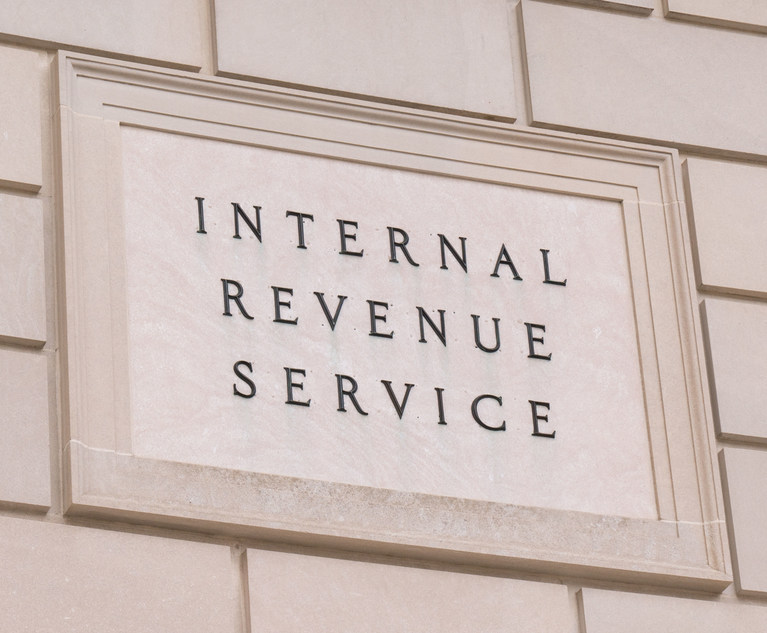Bankruptcy trustees are often forced to make difficult decisions on short notice with limited or incomplete information available to guide them. Trustees must decide whether to administer or abandon assets, assume or reject leases, pursue litigation, and operate businesses, among many other decisions. Many times, a trustee will not have sufficient funds, debtor cooperation, or time to collect all information that could possibly be relevant to the decision at hand. Thus, trustees must trust their experience and intuition to arrive at what they consider to be the best decision, mindful that they are fiduciaries to the bankruptcy estate. Fortunately, most decisions do not expose a trustee to litigation or additional scrutiny, but whether as a result of a lapse in judgment, mistake, or simply the actions of a disgruntled stakeholder, a trustee may become a defendant in a lawsuit.
A bankruptcy trustee ordinarily is immune from suit for personal liability for acts taken as a matter of the trustee’s business judgment, or in acting in accordance with his statutory duty or pursuant to court order. However, a bankruptcy trustee is not required to obtain prior court approval before acting on behalf of the debtor’s estate. Often, exigent circumstances will make obtaining a protective court order ineffective in preserving the status quo and preserving the value of the assets concerned.


 istock.com
istock.com




